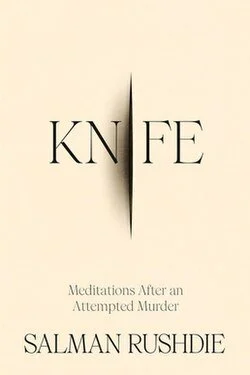Noble Savages is another book scooped from my wife’s collection of library checkouts. I read it on her recommendation, and didn’t know anything about the subject matter before picking it up. The book is a memoir by cultural anthropologist Napoleon Chagnon, a man I’d never heard of but who was apparently the main flashpoint of a controversy that tore the discipline into two camps: those who view anthropology as a fundamentally scientific pursuit in alignment with biological principles, and those who view it as one of the humanities with a mandate principally to identify and right the wrongs of past colonial encounters with native populations. Chagnon is staunchly a member of the first group, a leaning that is alluded to often throughout the book and becomes the central issue in its final chapters.
But despite being a memoir, the book isn’t as much about Chagnon as about the principal subjects of his decades-long research career: an Amazonian tribe called the Yanomamö, who were at the outset of his fieldwork in the late 60s among the last of the human tribes that could reasonably be called “untouched by civilization.” They had encountered the modern world, of course, but such encounters were fleeting, and their way of life remained as it had been for thousands of years before.
Chagnon describes his first encounter in detail, but much of the book takes a non-chronological approach, focusing instead on different aspects of Yanomamö culture as an organizational principle. After a lifetime of writing academic works, Chagnon seems incapable or unwilling to deviate from his observational stance, which makes it a bit unusual as a memoir, though also makes it more interesting overall to someone unfamiliar with the Yanomamö. His respect for them as a people is clear, and while he does not hesitate to point out their foibles, he does so in a way that acknowledges their full humanity. This stance seems to implicitly argue that kid gloves approach of his opponents, who see the West as the aggressor and native tribes as fundamentally innocent, is an infantilizing and ultimately prejudiced viewpoint, denying the Yanomamö the full gamut of human traits, good and bad.
Its final chapters shift to his life after his research was curtailed by interference from local missionaries, who he claims saw him as a threat to their dominance, and pressure from rival academics, culminating in a hatchet job book that appears at this point to have been largely discredited. His bitterness is apparent but understandable. I have studied only his side in detail, but his arguments are convincing, and the bit of reading outside I did seems to confirm the perspective that the was wrongly accused of unethical conduct. His true sin seems to have been his unwavering conviction that Yanomamö follow biological imperative, and that basic biological drives—procreation, namely—drive their conflict more than scarce access to resources, which is the Marxist perspective.
All in all, an interesting book. I don’t think I’ll necessarily get out his other, more academic work, but i greatly enjoyed learning about the Yanomamö.

